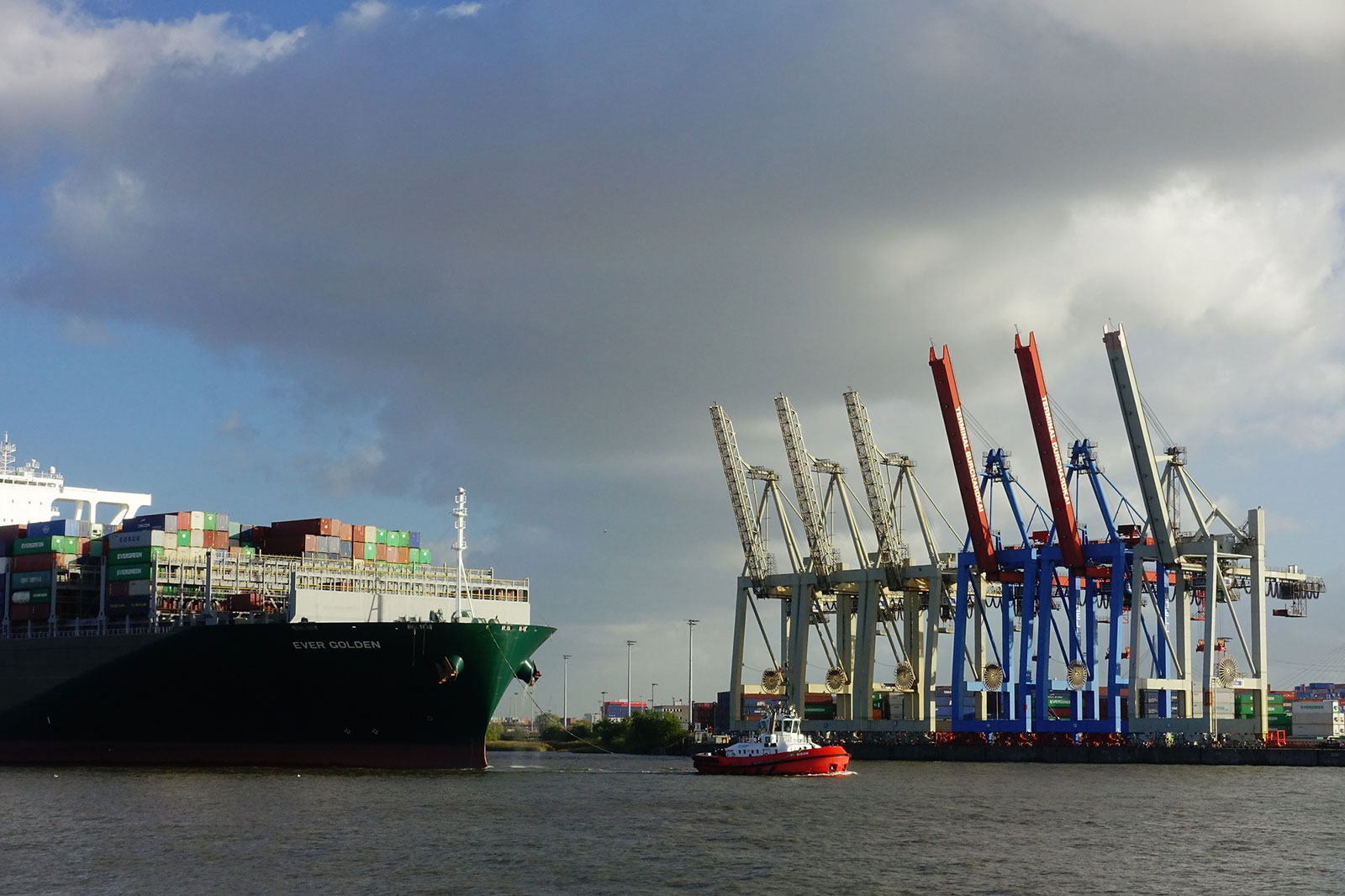
Trade of Island Countries and Its Role in the Global Economy
Trade of Island Countries and Its Role in the Global Economy
Introduction
The trade of island countries is one of the important and attractive topics in the field of international economy. These countries, due to their special geographical location, have a strong dependence on the sea and maritime transport routes. Many island countries rely on imports to meet their basic needs and also put the export of goods and services on their agenda for economic growth. The trade of island countries not only affects their domestic economy but also plays an important role in the global trade network.
In this article, we will examine various aspects of the trade of island countries, the importance of sea freight, opportunities and challenges, as well as the future of this type of trade.
The Importance of Island Countries’ Trade in the Global Economy
Island countries usually have limited natural resources, which makes the import of essential goods such as food, energy, and industrial equipment vital for them. On the other hand, some of these countries, by relying on their strategic location or tourism attractions, have managed to play a significant role in the global economy.
Several reasons increase the importance of the trade of island countries:
- Strategic geographical location: Many of these countries are located on important sea freight routes.
- Unique natural resources: Some islands have valuable mineral resources or fisheries.
- Tourism industry: Many island countries are destinations for international tourists, which leads to an increase in trade exchanges.
- Intermediary role in global trade: Some islands are recognized as logistics and financial centers.
Special Characteristics of Island Countries in Trade
The trade of island countries has features that distinguish it from other countries:
1. Strong dependence on imports
Due to limited agricultural land and resources, island countries are forced to import many goods.
2. Export of services instead of goods
In many of these countries, instead of exporting goods, the export of services such as tourism, financial services, and transportation is more common.
3. High transportation costs
Because of their distance from major markets, the cost of transporting goods in the trade of island countries is usually higher than the global average.
4. Focus on marine industries
Fishing, aquaculture, and industries related to the sea constitute an important part of the trade of these countries.
The Role of Sea Freight in Island Countries’ Trade
Sea freight is the backbone of the trade of island countries. Almost all imports and exports of these countries are carried out through ships and maritime routes.
The importance of sea freight in these countries:
- Supply of essential goods: From food to energy and fuel, all are imported through sea freight.
- Export of marine products: Fish, shrimp, and other aquaculture products are mainly exported by ship.
- Connection to the global economy: Sea freight connects island countries to the international trade network.
- Cost reduction compared to air transport: Although it takes more time, sea freight is more economical.
Challenges in the Trade of Island Countries
Despite its importance, the trade of island countries faces several challenges:
1. Excessive dependence on imports
This dependence makes global price fluctuations directly affect the economies of these countries.
2. High transportation costs
Due to the long distance from industrial and commercial centers, the cost of imports and exports is high.
3. Climate change
Island countries are more exposed than other regions to climate changes such as sea storms and rising sea levels.
4. Small domestic market
Because of low population, the domestic consumer market is limited, slowing down the growth of domestic industries.
5. Limited port infrastructure
Some of these countries lack modern ports, which reduces the speed and quality of trade.
Investment Opportunities in Island Countries
Alongside challenges, the trade of island countries also offers attractive opportunities:
- Investment in tourism: Establishment of hotels, recreational centers, and tourism services
- Marine industries: Development of fisheries and export of aquatic products
- Transport and logistics: Establishment of transit hubs for sea freight
- Renewable energies: Utilization of solar and wind energy due to favorable geographical conditions
- Financial and banking services: Some islands are recognized as international financial centers
Successful Examples in Island Countries’ Trade
1. Singapore
Singapore is one of the most successful island countries in trade. By creating modern port infrastructure and focusing on financial services, it has become one of the main global trade hubs.
2. Maldives
The economy of the Maldives is based on tourism and fisheries. This country is a clear example of the trade of island countries based on natural resources and tourism attractions.
3. Mauritius
Mauritius has achieved a good position in the global economy by focusing on textile exports, financial services, and tourism.
4. Cyprus
Cyprus, by taking advantage of its geographical location, acts as a financial and commercial hub in the Mediterranean region.
The Future of Island Countries’ Trade with Modern Technologies
The advancement of digital technologies and smart transportation can change the future of island countries’ trade.
- Digitalization of trade processes: Using blockchain to increase transparency in international trade
- Smart ships: Reducing costs and increasing the safety of sea freight
- Green energies: Replacing clean fuels in ships to reduce pollution
- Development of e-commerce: Allowing island countries to access global markets without geographical restrictions
Conclusion
The trade of island countries is one of the main pillars of the global economy. Despite limited natural resources and small domestic markets, these countries have managed to secure their place in international trade by relying on their geographical location, tourism, and sea freight. The future of this type of trade depends on the ability of countries to use modern technologies and manage challenges such as climate change and high transportation costs.
Therefore, it can be said that the trade of island countries is not only vital for their domestic economy but also plays an important role in connecting different parts of the world through sea freight and international trade exchanges.

